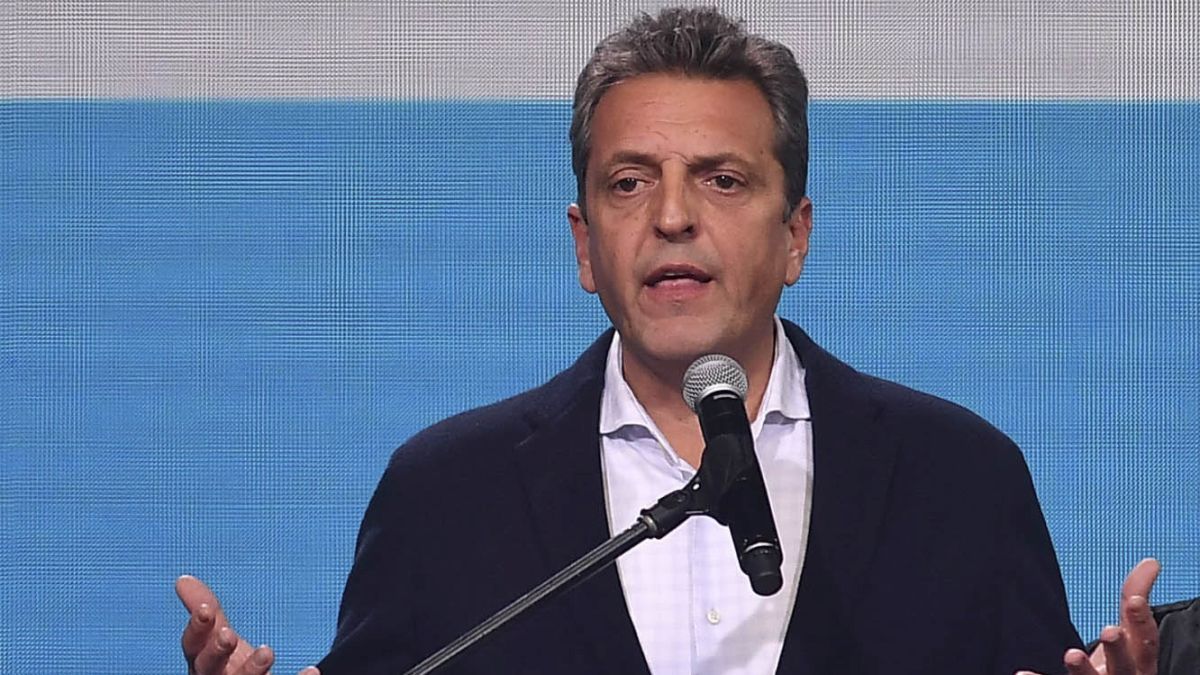The Ministry of Economy finished drawing up the roadmap that it will address in the coming days to try to offset the impact of the devaluation on income. In the first place, it will cite mass consumption companies to avoid the pass through effect with price agreements. According to official sources anticipated Ambitthe next step will be a “tax relief for SMEs” and then a recomposition of income for formal workers and beneficiaries of social plans.
With this scenario of volatility, Many companies from different sectors decided to stop their sales, raised their prices by two digits or dollarized their lists. The movements of the last days set off all the alarms in the Government, which will try to prevent the pass through from being too high to liquefy the “positive effects” on exports of the recent exchange rate jump.
That job will now be headed by the director of Customs, William Michel, man close to Sergio Massa. With a “tough” profile, the accountant is the one who usually provides inputs to the rest of the officials to discuss with the companies. The Vice Minister Gabriel Rubinstein, the Secretary of Commerce Matías Tombilini and the head of the AFIP, Carlos Castagneto, will also be sitting at different tables.
Negotiations with companies have already started. This Tuesday, mass consumption firms, shops and wholesalers, among others, paraded through different offices. During these days, meetings will be hectic. Always under the “Fair Prices” program, The Government will offer different carrots, such as lower taxes and financing to try to contain the rise in prices, especially in the basic basket.
The task is not simple. The pressures will redouble and not only in the gondolas, but also in all the links of the value chain. On paper, this Tuesday the price agreement that had been marking scheduled increases of 4.5% per month in gasoline expired. Companies in the sector are already demanding increases similar to those of the devaluation. Something that of course would have an immediate effect on costs.
In the economic team they hope that at least the devaluation will improve the performance of exports that had been falling more than 20% year-on-year. Now all products will have the same exchange rate to export: $350. There will be no soybean dollar or revaluation of the agricultural dollar for the regional economies. They bet on accumulating reserves.
Another step on Massa’s roadmap is a tax relief plan for SMEs. Some details were disclosed by the Economy Minister himself on Thursday, August 3, at a dinner with small and medium-sized companies. There he spoke of reformulating the fiscal pact, so that “the same tax is not paid two or three times” and of changing the tax matrix to “build a more progressive system.”
The devaluation will also overheat the parity discussion. At this point everyone discounts one mass reopening of the negotiations. Also on the table is the idea of a lump sum, that the unions reject, or a new wage floor similar to the basic basket that would also include close to a million municipal workers who today do not earn even the minimum wage.
At the same time, it is analyzed reinforce the income of informal workers, monotributistas and beneficiaries of social programs. These announcements, and others, would not be long in coming. The exchange rate jump and the October elections put more pressure on the times.
Source: Ambito




